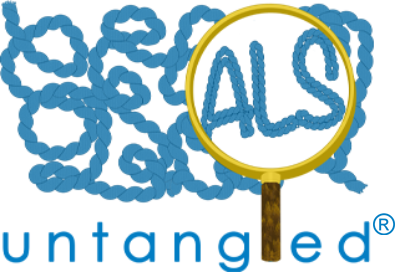Curcumin
Oral curcumin is safe, inexpensive, and has at least four potential mechanisms by which it might theoretically be useful in treating PALS. Flawed preclinical studies showed benefits of a curcumin chemical analog in a cell model of ALS, three PALS experienced validated motor improvements on regimens including curcumin (although there are several alternative explanations for […]
Hyperbaric Oxygen
Although there are plausible mechanisms by which HBOT could work in ALS and a flawed pre-clinical study showing benefit in a mouse model, the best available human trial of HBOT showed no benefit. Given this negative human trial and the fact that HBOT has potentially serious complications, we do not recommend HBOT for patients with […]
Inosine
Inosine is a low-cost supplement that increases the levels of urate, a naturally occurring antioxidant. With appropriate blood and urine monitoring, it appears reasonably safe. Epidemiologic data suggest that high urate levels may be associated with improved survival in ALS, which prompted preclinical studies and clinical trials of inosine. These are still ongoing and will […]
GM604
At this time ALSUntangled finds no independently verifiable data supporting the efficacy or even the safety of GM604 in patients with ALS. We believe that independent peer review and replication are fundamentals of good science (36,37). Accordingly, we share the FDA’s April 2015 opinion that the data on GM604 in ALS should be released now […]
Lunasin
Lunasin has interesting mechanisms of action that might be useful in treating ALS, and it appears reasonably safe although some forms of it are expensive. While some PALS have reported improvements on lunasin, we have thus far found only one in which we were able to independently validate these improvements. This patient had atypical features […]
TUDCA
Ursodiol has interesting mechanisms of action, appears reasonably safe and well-tolerated, has anecdotal reports of benefit in 6/21 of patients who report taking it, and a form of it (Yoo’s solution) was associated with slightly slower ALS progression in one out of three outcome measures within a poorly designed study that did not account for […]
Vitamin D
At this time, there is evidence that PALS, like those with other chronic illnesses, are at increased risk for vitamin D deficiency. It is, therefore, reasonable to screen PALS for this. If vitamin D deficiency is found, it seems reasonable to supplement vitamin D according to established guidelines (31) in order to avoid medical complications […]
Fecal Transplants
There is rapidly expanding evidence implicating alterations in the fecal microbiome in wide-ranging human diseases, including potential contributions via a gut-brain signaling axis in neurodegenerative and neuroimmunologic disorders. Proposed mechanisms such as immune modulation and the production of neurotoxins by clostridia or other microbiota could bypass an intact blood-brain barrier. To date, there are no […]
